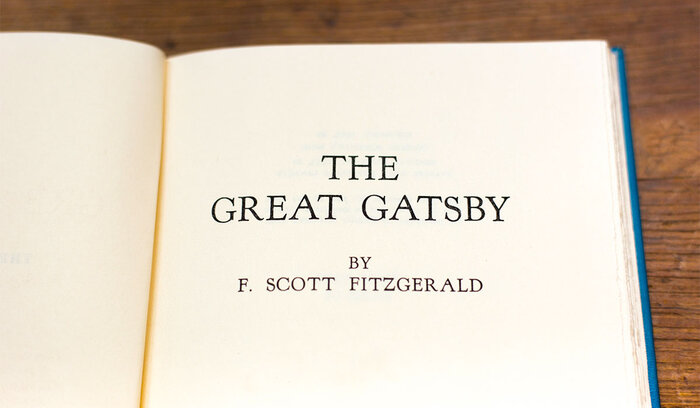
Ruritanian
[rə-rə-TAY-nyən]
Part of speech: adjective
Origin: Latin, late 1890s
1.
Relating to or characteristic of the imaginary kingdom of Ruritania from the novels of Anthony Hope, especially with reference to romantic adventure and intrigue.
Examples of Ruritanian in a sentence
"David planned a Ruritanian trip to several exotic locales."
"My daydreams can become quite Ruritanian."
About Ruritanian
“Ruritanian” hails from the Latin “rus,” meaning "rural," and the Latinate ending “-itania.” British author Anthony Hope helped create the term in one of his novels.
Did you Know?
British author Anthony Hope published his mythical novel, “The Prisoner of Zenda,” in 1894. It quickly grew in popularity, capturing readers’ imaginations with its sense of adventure, courtly romances, heroes, and sword fights. Shortly after the book’s release, George Bernard Shaw used the story’s fictional locale, Ruritania, as an adjective: “Our common sense … must immediately put a summary stop to the somewhat silly Ruritanian gambols of our imagination.” It's an obscure term for fanciful places and attitudes, but perhaps it deserves to be brought back?








